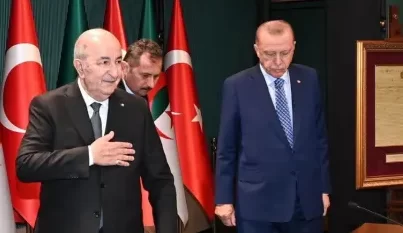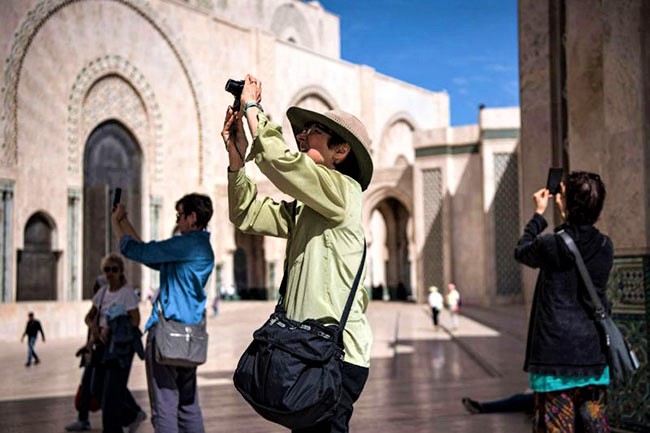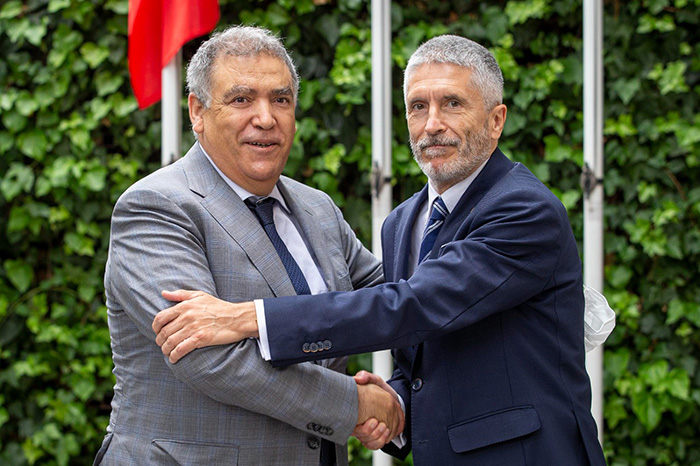Prince Philip, Queen Elizabeth’s husband and a pivotal figure in the British royal family for almost seven decades, has died aged 99, Buckingham Palace said on Friday.
The Duke of Edinburgh, as he was officially known, had been by his wife’s side throughout her 69-year reign, the longest in British history. During that time he earned a reputation for a tough, no-nonsense attitude and a propensity for occasional gaffes.
“It is with deep sorrow that Her Majesty The Queen announces the death of her beloved husband, His Royal Highness The Prince Philip, Duke of Edinburgh,” the palace said in a statement.
“His Royal Highness passed away peacefully this morning at Windsor Castle. Further announcements will be made in due course. The Royal Family join with people around the world in mourning his loss.”
A Greek prince, Philip married Elizabeth in 1947. He went on to play a key role in modernising the monarchy in the post-World War Two period, and behind the walls of Buckingham Palace was the one key figure the queen could turn to and trust.
“He has, quite simply, been my strength and stay all these years,” Elizabeth said in a rare personal tribute to Philip, made in a speech marking their 50th wedding anniversary in 1997.
“I, and his whole family, and this and many other countries, owe him a debt greater than he would ever claim, or we shall ever know.”
Philip spent four weeks in hospital earlier this year for treatment for an infection and to have a heart procedure, but returned to Windsor in early March. He died just two months before he was to celebrate his 100th birthday.
Flags at Buckingham Palace and at government buildings across Britain were lowered to half-mast. No details about his funeral were disclosed yet, but ceremonies are likely to eschew the grand displays of pomp that often follow royal deaths.
That would reflect Philip’s well-known aversion to drama, and it is unlikely there will be a state funeral or that his body will lie in state.
The prince’s charm and disinclination to tolerate those he regarded as foolish or sycophantic earned him a position of respect among some Britons. But to others, his sometimes brusque demeanor made him appear rude and aloof. He was a delight to newspaper editors keen to pick up on any stray remark at official events.
The former naval officer admitted he found it hard to give up the military career he loved and to take on the job as the monarch’s consort, for which there was no clear-cut constitutional role.
“Like the expert carriage driver that he was, he helped to steer the royal family and the monarchy so that it remains an institution indisputably vital to the balance and happiness of our national life,” Prime Minister Boris Johnson said.
HEAD OF THE FAMILY
In private, the prince was regarded as the unquestioned head of his family, but protocol obliged the man dubbed “the second handshake” to spend his public life literally one step behind his wife.
“There was no precedent. If I asked somebody ‘what do you expect me to do?’, they all looked blank - they had no idea, nobody had much idea,” he said in an interview to mark his 90th birthday.
After completing more than 22,000 solo appearances, Philip retired from public life in August 2017, although after that he occasionally appeared at official engagements.
His last appearance was last July at a military ceremony at Windsor Castle, the royal palace west of London where he and the monarch have resided during COVID-19 lockdowns.
“On the occasions when I met him, I was always struck by his obvious joy at life, his enquiring mind and his ability to communicate to people from every background and walk of life,” Archbishop of Canterbury Justin Welby said.
“He was a master at putting people at their ease and making them feel special.”
QUEEN WITHOUT PHILIP
The queen, who is 94, came to the throne in 1952 and the couple, who were third cousins, married at Westminster Abbey on Nov. 20, 1947.
They had four children, Prince Charles, the heir to the throne, Princess Anne, and Princes Andrew and Edward.
They celebrated their 72nd anniversary on the same day that Andrew stepped down from public duties over the controversy surrounding his association with the disgraced late U.S. financier Jeffrey Epstein, one of a number of recent crises the family have faced.
The death of the queen’s husband and closest confidant will raise questions over whether she might consider abdication, but royal commentators say there is little or no chance than this will happen.
In recent years, the queen has cut the number of official engagements she carries out and has passed many royal duties and patronages onto Prince Charles, his son William and other senior royals. But she still carries out the most symbolic of the monarchy’s state duties, such as the opening of parliament.
While he officially played second fiddle to his wife, Prince Philip regarded as the private head of the family.
Some royal watchers have said that his absence from this role in recent years with declining health has played a role in some of the monarchy’s recent travails, such as the crisis of Charles’ younger son Prince Harry and his wife Meghan, and the decision that saw them give up their royal roles.
“The main lesson that we have learned is that tolerance is the one essential ingredient of any happy marriage,” Philip said in a speech in 1997.
“It may not be quite so important when things are going well, but it is absolutely vital when things get difficult. You can take it from me that the queen has the quality of tolerance in abundance.”






